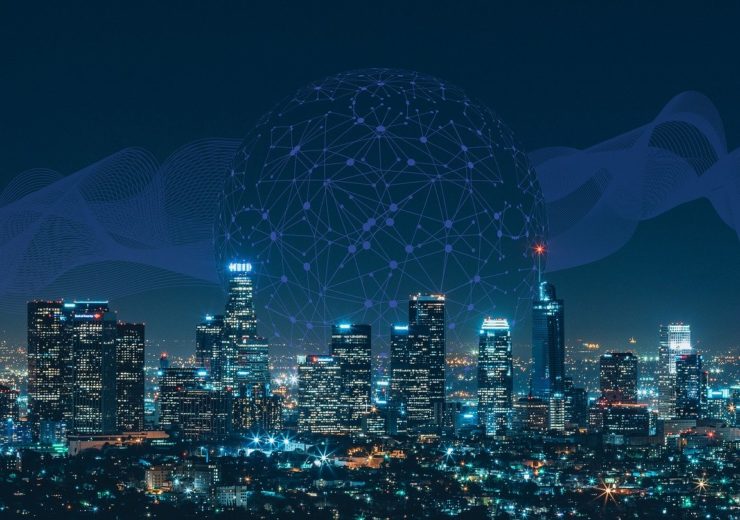A new report says the enterprise services sector isn’t telling its innovation story in a way that’s resonating with consumers

Smart cities require innovative technology that will be developed by enterprise services companies
They’re often the companies that operate behind the scenes, but enterprise services firms are crucial to spearheading innovation in domains like smart cities. Claudia Bate, head of technology at communications agency FleishmanHillard Fishburn, discusses the findings of a new report that sheds light on the subject.
Enterprise services companies are at the heart of every transformative business.
As organisations look to digitally transform, become more agile and open up new revenue streams, they are relying on enterprise services firms for the technology and innovation that will help them achieve their goals.
Importance of enterprise services in helping other companies with innovation
Whether it’s coming up with AI-powered algorithms that are delivering unprecedented levels of customer satisfaction or implementing edge computing solutions that will power connected cars and smart cities, the enterprise services sector understands the technologies that are changing the world and gives businesses the ability to harness them.
This sector is viewed as one that should continually create new products, services and ways of working.
According to the FleishmanHillard Fishburn Authenticity Gap Report, informed consumers expect enterprise services companies to be innovative at a greater rate than any of the other nine drivers of authenticity – meaning they expect businesses in this sector to show they are innovative more than any other quality.

However, the report finds that enterprise services firms have a 3.6% gap for innovation, meaning that the reality of consumers’ experience falls some way behind their expectations.
Put simply, the enterprise services sector isn’t telling its innovation story in a way that’s resonating with consumers.
Its role in transforming businesses and underpinning so much of the technology that’s changing our world either isn’t being told or isn’t cutting through.
However, if these organisations can link their innovation messages to the trends and topics that matter most to the public, they’ll stand a much better chance of being heard.
Role of enterprise services in smart cities and climate change
Environmental issues are dominating the national conversation, whether it’s concern about single-use plastic or the increasing activism around climate change.
The public cares about these subject like never before – and they expect brands to care, too.
According to the Authenticity Gap Report, 79% of consumers consider climate change and environmental issues important to them, while 59% expect companies to make a stand on these issues, up from 39% last year.
This is a huge opportunity for enterprise services companies to really focus on how their technology and innovation is helping address these issues, drawing a clear link between what they do and the drive towards a greener future.
Take, for example, the role that 5G will play in enabling smart cities – using data, sensors and connected devices to improve government services and residents’ quality of life through analytics and automation.
Much of the story brands have been telling around smart cities has focused – somewhat understandably – on speed and convenience for citizens.
Whether it’s smart mobility applications’ promise to cut commuting times by 20% or the impact on city budgets of automating systems, it’s these technical stories that dominate enterprise services’ communications around smart cities.
And, as the authenticity gap shows, this isn’t cutting through.
Enterprise services at the heart of innovation for the future
There’s a more emotional and environmentally-led story enterprise services companies can tell here – one that will better resonate with consumers and align with the causes that matter most to them, such as reducing waste.
Technology’s ability to bring about zero-waste frameworks in smart cities is a good place to build this kind of resonance.
Enterprise services companies will be at the heart of building closed-loop systems between consumption and production, for example, as well as enabling distributed energy systems that could allow citizens to help produce as much energy as they use.
These stories define innovation as the world faced fundamental resourcing challenges over the coming decade, but they look at innovation in a way that will really hit home with consumers that are demanding more from brands on environmental issues than ever before.
If enterprise services companies channel their innovation stories through the environmental prism, they’ll stand a much better chance of grabbing the attention of their audiences.
Once they have that attention, they can communicate their role in finding new solutions to some of the world’s biggest challenges will reach consumers more effectively and begin to close that innovation gap.


